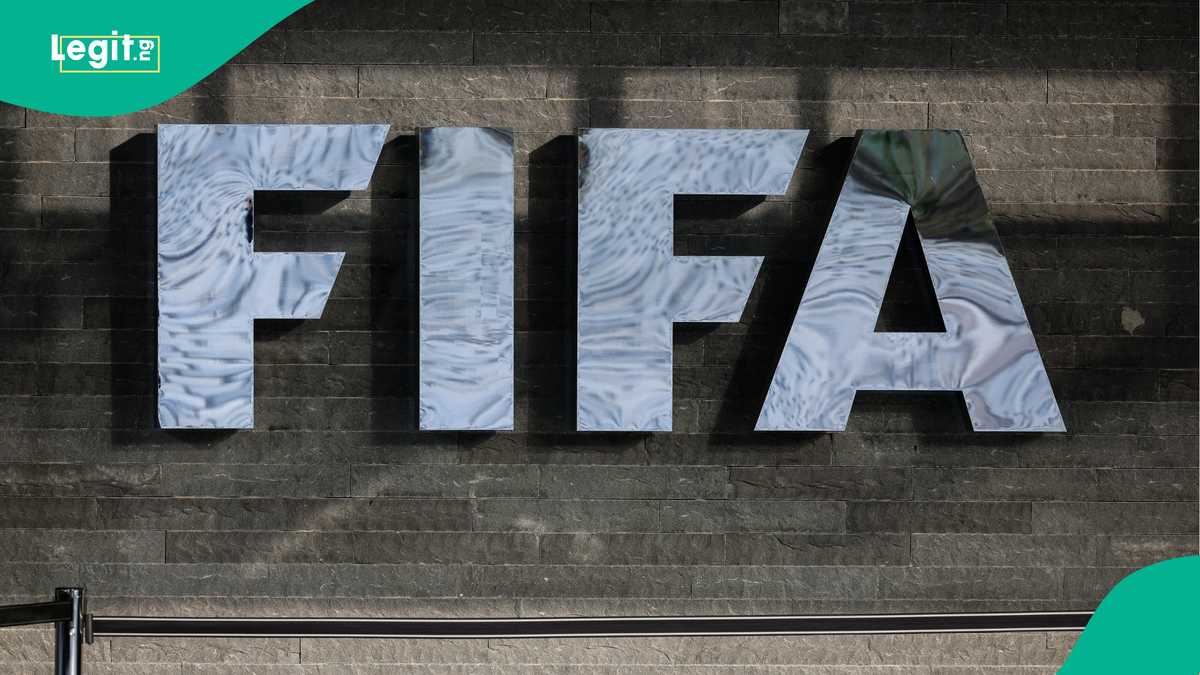
FIFA Threatens to Ban Zambia from International Football and 2026 World Cup Over Government Interference

FIFA has issued a stern warning to Zambia, threatening to ban the country from all international football competitions, including the 2026 FIFA World Cup, following allegations of government interference in the affairs of the Football Association of Zambia (FAZ).
The global football governing body has made it clear that it will not tolerate any form of external meddling in football administration, citing its long-standing policy of maintaining the autonomy of football federations worldwide.
This latest development has sent shockwaves through the Zambian football community, with fans, players, and officials expressing deep concern over the potential consequences of a FIFA ban.
The crisis began when reports emerged that the Zambian government had intervened in the internal operations of FAZ, allegedly influencing decisions related to leadership, team selections, and financial management.
FIFA, which strictly prohibits political interference in football affairs, immediately launched an investigation into the matter, warning that Zambia could face severe sanctions if found guilty of breaching the organization’s statutes.
The threat of a ban means Zambia risks missing out on major international tournaments, including the upcoming qualifiers for the 2026 World Cup, a prospect that has left Zambian football stakeholders in distress.
A FIFA ban would also affect Zambia’s participation in other continental and international competitions, including the Africa Cup of Nations (AFCON) and club tournaments such as the CAF Champions League and Confederation Cup.
Such a suspension would not only prevent the national team from competing but also have serious repercussions for Zambian clubs, players, and football development programs.
For years, Zambia has been a strong footballing nation in Africa, with a rich history that includes winning the 2012 AFCON title in dramatic fashion.
A FIFA ban would set back the progress made in developing the sport within the country, potentially derailing the careers of young talents who aspire to play on the global stage.
The Zambian government, however, has denied any wrongdoing, insisting that its involvement in football affairs is purely for the benefit of the sport and the country’s athletes.
Officials argue that the government has a responsibility to oversee the proper management of sports federations, particularly when allegations of corruption, mismanagement, or incompetence arise.
Despite these justifications, FIFA remains firm in its stance, emphasizing that national football associations must operate independently and free from government influence.
The warning to Zambia follows a pattern of similar cases in which FIFA has taken action against countries accused of political interference in football administration.
In the past, nations such as Kenya, Nigeria, and Zimbabwe have faced suspensions for government meddling, with their national teams and clubs temporarily barred from international competitions.
If Zambia fails to comply with FIFA’s regulations and address the concerns raised, the country could find itself in a similar predicament, facing indefinite exclusion from global football activities.
The potential ban has sparked intense debates within Zambia, with football analysts and commentators weighing in on the situation.
Many argue that the government should step back and allow FAZ to function independently, in accordance with FIFA’s rules, to avoid jeopardizing the country’s footballing future.
Others, however, believe that certain reforms are necessary within FAZ to ensure transparency, accountability, and good governance, even if it means government intervention to address existing issues.
At the heart of the controversy is the long-standing struggle for control between political authorities and football governing bodies, a conflict that has affected many nations across Africa and beyond.
Football, being the most popular sport in Zambia, carries significant political and social influence, often making it a target for government involvement.
However, FIFA’s policies are designed to safeguard the integrity of the sport, ensuring that decisions are made by football professionals rather than political figures.
As Zambia awaits further communication from FIFA, the pressure is mounting on both the government and FAZ to resolve the crisis and prevent a full-scale suspension.
Zambian football fans have taken to social media to express their frustration, calling on the authorities to act swiftly and avoid a situation that could deprive the nation of international football participation.
Players, both domestic and international, are also voicing concerns, with some fearing that a FIFA ban could disrupt their careers and limit their opportunities to compete at the highest level.
Zambian football clubs, which rely on continental competitions to gain exposure and attract sponsorships, are equally worried about the financial implications of a potential ban.
A suspension from FIFA would mean missing out on lucrative tournaments, reducing revenue streams, and affecting the growth of football in the country.
The situation has also drawn attention from the Confederation of African Football (CAF), which has urged all parties involved to find a resolution that aligns with FIFA’s principles.
CAF officials have stressed the importance of maintaining football autonomy while also recognizing the challenges faced by national associations in managing the sport effectively.
With FIFA maintaining its firm stance, the ball is now in Zambia’s court to take the necessary steps to avoid being banned from international football.
The coming days and weeks will be crucial in determining whether the country can navigate this crisis and safeguard its place in global football.
For now, all eyes are on FAZ and the Zambian government as they attempt to find a solution that satisfies FIFA’s demands while also addressing the concerns raised about the governance of football in the country.
Failure to do so could result in a devastating blow to Zambian football, leaving fans, players, and stakeholders in despair as the nation faces the risk of international isolation in the world’s most beloved sport.
Zambia, a country with a deep passion for football, must now make a choice—comply with FIFA’s regulations and secure its footballing future or risk a suspension that could have long-lasting consequences for the sport in the nation.
The decision rests on the leadership of both FAZ and the government, and time is running out.


